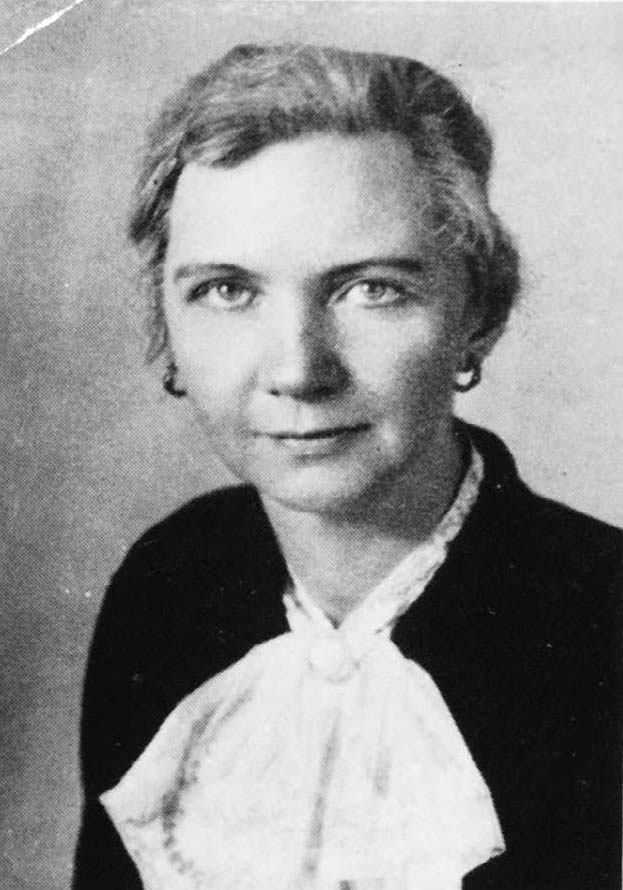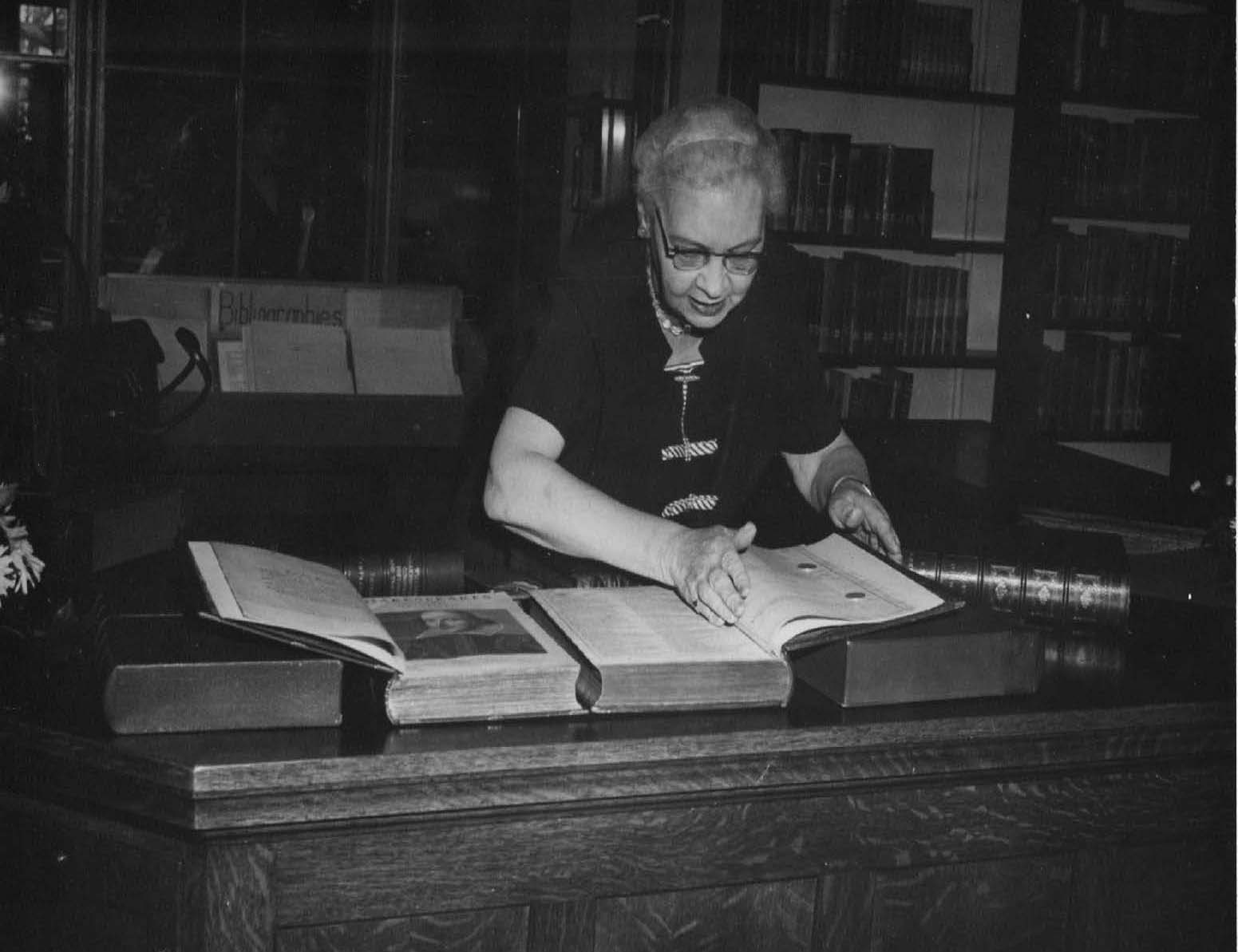



Banned Books Week
September 24-30 is set aside to celebrate Banned Books Week, an annual event which advocates for the freedom to read. The F.H.G. Library exhibit this year features African American writers whose works are listed on the banned books list. Some such authors include Maya Angelou, Coe Booth, Alice Childress, Nikki Grimes, Carolivia Heron, Zora Neale Hurston, Toni Morrison, Mildred Taylor, and Alice Walker, most of whom are showcased in the exhibit on the 2nd floor. These books can be taken from the exhibit case and checked out.
It is important to recognize that even now, books are still being challenged by library users. The ALA defines the difference between “challenged” and “banned” on their website at www.ala.org/advocacy/bbooks: “A challenge is an attempt to remove or restrict materials, based upon the objections of a person or group. A banning is the removal of those materials”. What many people fail to realize is that challenging a book can mean subsequent removal of the item which then restricts the access of information to others. Banned Book Week thus draws our attention to these books that, either in the past or currently, are being challenged in this way.
We, the staff and faculty at F.H.G. Library, encourage you to explore some of these featured authors, as well as check out other challenged and banned books this week!





 Francis Harvey Green was born May 19, 1861 to Sharpless and Mary Booth Green in Booth’s Corner, a small town in Bethel Township, Delaware County, PA. In 1911, he married Gertrude Heritage, a graduate of Bryn Mawr College. He attended West Chester Normal School, earning his BA in 1882. After spending time at Amherst College and Harvard University, he earned an MA from Dickinson College in 1893. He began his career in Juniata College’s English Department, and was head of the department from 1884 to 1888.
Francis Harvey Green was born May 19, 1861 to Sharpless and Mary Booth Green in Booth’s Corner, a small town in Bethel Township, Delaware County, PA. In 1911, he married Gertrude Heritage, a graduate of Bryn Mawr College. He attended West Chester Normal School, earning his BA in 1882. After spending time at Amherst College and Harvard University, he earned an MA from Dickinson College in 1893. He began his career in Juniata College’s English Department, and was head of the department from 1884 to 1888. Green left West Chester in 1922 and became headmaster of the Pennington Seminary for Boys in Pennington, New Jersey. He was evidently a popular administrator, since in May 1941 a three-day tribute was held in Green’s honor at the Pennington School. In 1943, he retired from Pennington after 21 years of service there. He still had a reputation at West Chester, and in 1947 a building was dedicated to him: the Francis Harvey Green Library.
Green left West Chester in 1922 and became headmaster of the Pennington Seminary for Boys in Pennington, New Jersey. He was evidently a popular administrator, since in May 1941 a three-day tribute was held in Green’s honor at the Pennington School. In 1943, he retired from Pennington after 21 years of service there. He still had a reputation at West Chester, and in 1947 a building was dedicated to him: the Francis Harvey Green Library. Another notable woman to include in West Chester University’s Women’s History Month is Dorothy Ramsey, Assistant Professor of English, West Chester State College, 1928-1961.
Another notable woman to include in West Chester University’s Women’s History Month is Dorothy Ramsey, Assistant Professor of English, West Chester State College, 1928-1961. used today.
used today. In 1967, a new dormitory on campus was named in her honor. Ramsey Hall stood on the grounds where the Student Recreation Center now stands.
In 1967, a new dormitory on campus was named in her honor. Ramsey Hall stood on the grounds where the Student Recreation Center now stands. Born in Calvert, Texas, in 1879, she grew up in New York City and Carthage, Missouri with two sisters. After studying at the University of Missouri, where she was elected to the Kappa Kappa Gamma sorority, she began her teaching career in the Carthage public schools. She traveled around the US and Europe, at some point studying at the University of Geneva.
Born in Calvert, Texas, in 1879, she grew up in New York City and Carthage, Missouri with two sisters. After studying at the University of Missouri, where she was elected to the Kappa Kappa Gamma sorority, she began her teaching career in the Carthage public schools. She traveled around the US and Europe, at some point studying at the University of Geneva. In 1927, she traded her position as Dean of Women for the Chairmanship of the English Department, and continued to provide leadership in that capacity until her retirement in 1944. Although she moved to Oklahoma after her retirement to be closer to her family, she remained connected to West Chester, regularly returning for Alumni Day. In 1960, a new women’s dormitory, McCarthy Hall, located on Sharples Street between High Street and Church Street, was dedicated to her. A portrait of her hung in the Hall. She passed away in 1967 at the age of 88.
In 1927, she traded her position as Dean of Women for the Chairmanship of the English Department, and continued to provide leadership in that capacity until her retirement in 1944. Although she moved to Oklahoma after her retirement to be closer to her family, she remained connected to West Chester, regularly returning for Alumni Day. In 1960, a new women’s dormitory, McCarthy Hall, located on Sharples Street between High Street and Church Street, was dedicated to her. A portrait of her hung in the Hall. She passed away in 1967 at the age of 88.
Francis Harvey Green Library – A diverse group of sixty West Chester University faculty, staff, community members, and students gathered in Special Collections on Wednesday September 19. The occasion that united the patrons in attendance was a publishing craft talk hosted by Dr. Eleanor Shevlin and featuring Dr. Cherise Pollard. Their conversation focused on the details of the publishing process regarding Dr. Pollard’s award-winning poetry chapbook Outsiders (MWC Press, 2016). Dr. Pollard’s collection was recognized as the Mississippi Valley/ Susan K. Collins Poetry Chapbook contest winner for 2015 by Midwest Writing Center.
“Sharing my creative work with my colleagues and students was gratifying,” said Dr. Pollard. “I felt tremendous synergy in the room.”
During their conversation, the professors discussed how Dr. Pollard chose the poems for Outsiders. Compiling the collection from a larger group of poems with shared themes, Dr. Pollard drew on experiences throughout her life and career to create Outsiders. She wrote some of the poems for Outsiders while she attended graduate school. Others were published in Daedalus, the annual literary magazine for members of the West Chester University community. The collection also features poems that were published in national literary magazines, such as African American Review. A portion of the collection responds to the African American literature Dr. Pollard teaches. Her poem “Maude’s Lament,” was written in response to “Sadie and Maude” by Gwendolyn Brooks. Dr. Pollard indicated she combined some of her most powerful poems to form Outsiders. Her craft talk with Dr. Shevlin highlighted the perseverance and determination required for poets to find a home for their work.
“For aspiring creative writers, this conversation shed important light on how a poet’s work finds its way to a publisher and then readers. Moreover, just as the event was the result of close, multiple collaborations, so too is the production of any written work,” said Dr. Shevlin. “It can be illuminating to readers to discover the process behind any given book—each will have a distinctive story. Understanding how a book—whether poetry, nonfiction, a scholarly monograph, or any number of genres—came to be can reveal much not just about a particular work but also the many hands that helped bring it to the public.”
When the craft talk portion of the program concluded, Dr. Pollard performed a set of poems from Outsiders. The poems she chose covered a wide variety of topics and experiences, from her reflection on what a family experiences when they visit an incarcerated loved one, to the reality of living with an autoimmune disease, to a lighthearted description of Keebler cookies. Dr. Pollard’s poetry displayed an unflinching eye for detail and a keen sense of empathy for the subjects of her poems. She read with passion and energy, which brought the narratives from her collection to life.
“Even though it is not in the collection, I always enjoy reading ‘Cookie Man’ because the audience is always surprised by its humor and emotional complexity,” said Dr. Pollard. ‘The Kidney’ is one of my favorites, too, because it reminds me of the ways in which doctor/patient relationships develop and evolve. The early prison visit poems have a strong emotional pull--even decades later, they continue to be evocative.”
Attendees visibly responded to Dr. Pollard’s poetry. Audience members seemed to live the poems along with Dr. Pollard as she read them aloud. Some quietly gasped or covered their mouths in surprise. Moments such as those, when the poet and her audience aligned emotionally, were compelling. The reading was a living example of what the poet CM Burroughs meant when she reviewed Dr. Pollard’s chapbook and wrote, “Outsiders is a marvel of persistence, process, and will call on your empathy as it did mine.” When the reading concluded, Dr. Pollard’s words seemed to linger in the atmosphere of the room and with those who heard her words. The audience buzzed with conversation about the collection and the reading they just witnessed as Dr. Pollard signed copies of Outsiders.
“Special Collections is the ideal venue for gatherings that celebrate the creative output and scholarship of various campus members, and the room definitely lent a celebratory air to Dr. Pollard’s reading” said Dr. Shevlin. “People feel special in that room—and for many students it was the first time they had been inside its walls, and for still others it was the first time they learned that FHG Library’s Special Collections exist.”
Many organizations from the campus community united to make the publishing craft talk and poetry reading possible. Those organizations included West Chester University Libraries, Francis Harvey Green Library Special Collections, The West Chester University Graduate Writing Program, and The West Chester University Center for Book History. The spirit of cooperation between organizations added to the sense of accomplishment after the reading.
“Collaborating with Dr. Shevlin and the English Department on this event was rewarding on so many levels. We love having the WCU community visit Special Collections to see what is surely the loveliest room in the FHG Library,” said Dean of University Libraries Mary Page. “Bring together an amazing poet and an inspiring setting, and you have a successful and worthwhile event. That there was a large student turnout speaks to how important such programs are to the campus community.”
Patrons who were unable to attend the event will be able to experience Outsiders in the near future. Dean Page indicated that a copy of the chapbook will be added to the general collection at Francis Harvey Green Library. A second copy, which was signed by Dr. Pollard, will be added to the archives in Special Collections.
Commenting on blog posts requires an account.
Login is required to interact with this comment. Please and try again.
If you do not have an account, Register Now.